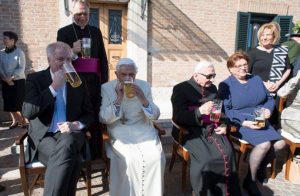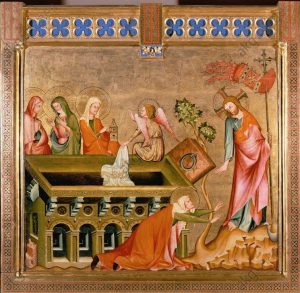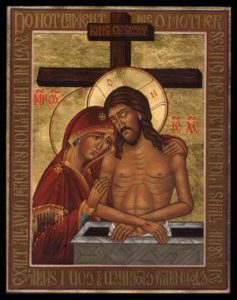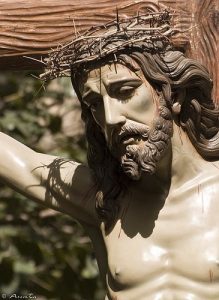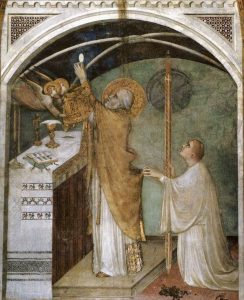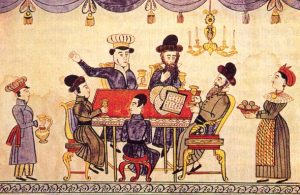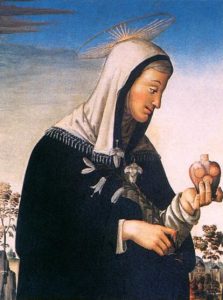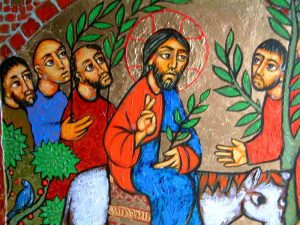 For years I have been intrigued by today’s saint, Gemma Galgani. Several of my friends have a devotion to Galgani, yet she has basically remained a name for me until now. It is an interesting event that her feast day this is not on Holy Saturday as when she died, but it is during the week we call great and holy. One striking thing is that St. Gemma was not a professed member of the Passionist Order yet she intimately linked to its spiritual patrimony.
For years I have been intrigued by today’s saint, Gemma Galgani. Several of my friends have a devotion to Galgani, yet she has basically remained a name for me until now. It is an interesting event that her feast day this is not on Holy Saturday as when she died, but it is during the week we call great and holy. One striking thing is that St. Gemma was not a professed member of the Passionist Order yet she intimately linked to its spiritual patrimony.
A biographer writes, “St. Gemma Galgani (1878-1903) was born in Italy, the fifth of eight children of a prosperous pharmacist. Her mother and three siblings died of tuberculous when she was young, and when she was 18 her father died as well, leaving Gemma to help care for her younger siblings. She rejected two marriage proposals and became a housekeeper while trying to enter the religious life as a Passionist. She was rejected due to her poor heath, and later became a Tertiary member of the Order. Gemma developed spinal meningitis but was miraculously healed, which she attributed to the Sacred Heart of Jesus through the intercession of St. Gabriel of Our Lady of Sorrows and St. Margaret Mary Alacoque. Throughout her life she united herself with the Passion of Christ and experienced great suffering as a result, but not without receiving many remarkable graces as well. She experienced many visions and was often visited by her guardian angel, Jesus, and the Virgin Mary. For this she was known as a great mystic, and, according to her spiritual director, developed the stigmata at age 21. After a selfless life of love given to God for the conversion of sinners, she died on the Vigil of Easter at the age of 25.
She is the patron saint of pharmacists, loss of parents, back illnesses, temptations, and those seeking purity of heart.
Gemma Galgani was beatified in 1933, and canonized in 1940.
